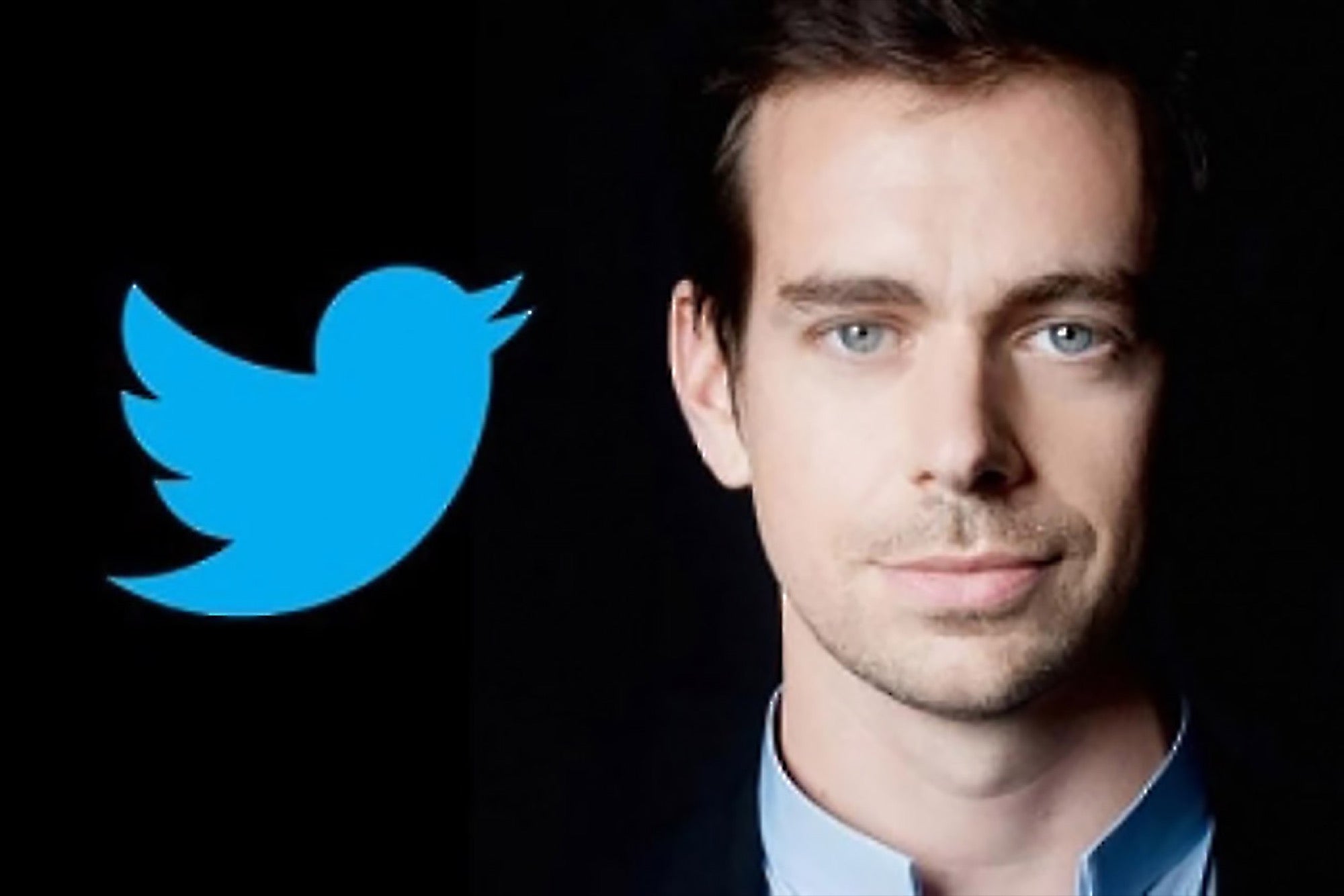Twitter Co-Founder Jack Dorsey's Reputation Questioned in New Book A book written by a New York Times writer says Dorsey's role as a founder may have been overhyped.
By Jim Edwards
This story originally appeared on Business Insider

Twitter's Jack Dorsey has overhyped his role as founder, and he was often more of a distraction than a leader at the company, according to Nick Bilton's new book, Hatching Twitter: A True Story of Money, Power, Friendship, and Betrayal (Portfolio, November 2013).
Bilton's treatment of Dorsey's role at the company is brutal. He describes him as an NYU dropout with a ring through his nose, who listened to punk on his laptop in coffee shops and couldn't even get a job at a shoe store.
It begins in 2006, noting Dorsey's initial disinterest in the company that created Twitter, and saying that his real ambition was in fashion:
One night in late February 2006, around 2 a.m., Dorsey sat in [Twitter co-founder Noah] Glass's parked car as rain poured down on the windshield. The two were sobering up after a night of drinking vodka and Red Bull, but the conversation, as usual, was about Odeo [the company they ran where Twitter was created]. Dorsey blurted out that he was planning his exit strategy. "I'm going to quit tech and become a fashion designer."
Dorsey was an amateur as a manager, and his priorities were all wrong, Bilton alleges. Even after Twitter was launched and growing fast, he continued to harbor dreams of designing clothes:
When Williams asked Dorsey to send a companywide e-mail setting Twitter's goals, his first draft began with the subject line "3 things I want for Twitter (Goals)," each goal beginning with an off-putting "I." Dorsey often tried to act as if he were in control, posturing that his actions were all part of a bigger plan, but employees saw him frequently pacing in frustration around South Park. He also habitually left around 6 p.m. for drawing classes, hot yoga sessions and a course at a local fashion school. (He wanted to learn to make an A-line skirt and, eventually, jeans.) His social life, once virtually nonexistent, was becoming a distraction as venture capitalists wooed him at San Francisco Giants baseball games and parties throughout the city. On Dorsey's watch, Twitter, which had never been completely upgraded from its prototype, was suffering major infrastructure problems that regularly knocked the site offline for hours at a time.
Famously, Dorsey was ousted from the CEO position at Twitter in 2008, in part because of the fashion thing, Bilton says:
"You can either be a dressmaker or the C.E.O. of Twitter," [co-founder Evan] Williams said to Dorsey. "But you can't be both."
Dorsey was offered shares, $200,000 in cash and the promise that "no one in the industry had to know that he was fired." That secret became a point of angst because Facebook was considering buying Twitter at the time, and Dorsey was discussing the deal with Facebook CEO Mark Zuckerberg.
The deal didn't happen obviously, but the secret allowed Dorsey to begin creating a myth around his role in the founding of Twitter, Bilton claims:
After he was stripped of his power at Twitter, Dorsey went on a media campaign to promote the idea that he and Williams had switched roles. He also began telling a more elaborate story about the founding of Twitter. In dozens of interviews, Dorsey completely erased [Noah] Glass from any involvement in the genesis of the company. He changed his biography on Twitter to "inventor"; before long, he started to exclude Williams and Stone too. At an event, Dorsey complained to Barbara Walters that he had founded Twitter, a point she raised the next day on "The View" with Stone and Williams. Dorsey told The Los Angeles Times that "Twitter has been my life's work in many senses." He also failed to credit Glass for the company's unusual name. "We wanted to capture that feeling: the physical sensation that you're buzzing your friend's pocket," he told the paper.
Dorsey's story evolved over the years. He would tell Vanity Fair that the idea for Twitter went back to 1984, when he was only 8 years old. A "60 Minutes" segment reported that Dorsey founded Twitter because he "was fascinated by trains and maps" and how cities function. Later, he would explain that he first presented the idea, fully realized, on a playground in South Park. All along, Dorsey began casting himself in the image of Steve Jobs, calling himself an "editor," as Jobs referred to himself, and adopting a singular uniform: a white buttoned-up Dior shirt, bluejeans and a black blazer.
Dorsey's media campaign was so successful, Bilton writes, that co-founder Ev Williams wanted him removed even from his "silent" board seat — Dorsey's remaining actual role at Twitter at the time. But Williams feared it would become a huge media story if Dorsey was ousted from the company completely.
Dorsey eventually regained his senior role at Twitter. In 2011 he "returned" as its executive chairman. Bilton says Dorsey will make up to $500 million in the IPO:
... It's unclear what responsibility Dorsey can take for this. As one former Twitter employee has said, "The greatest product Jack Dorsey ever made was Jack Dorsey."









